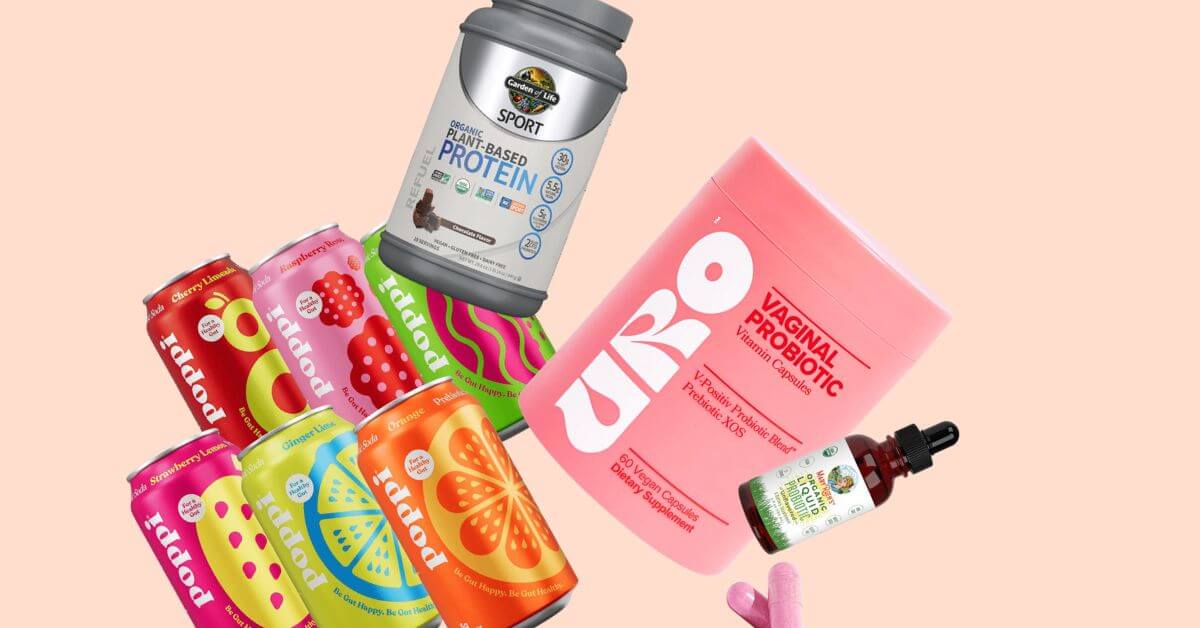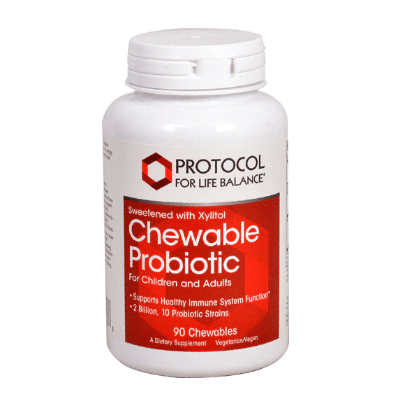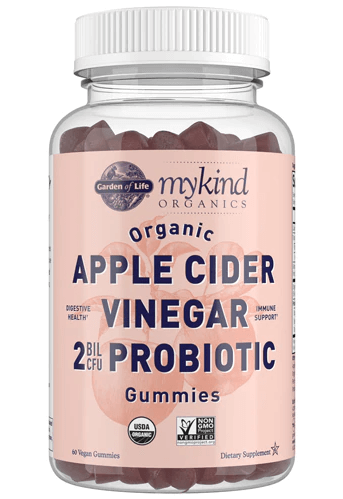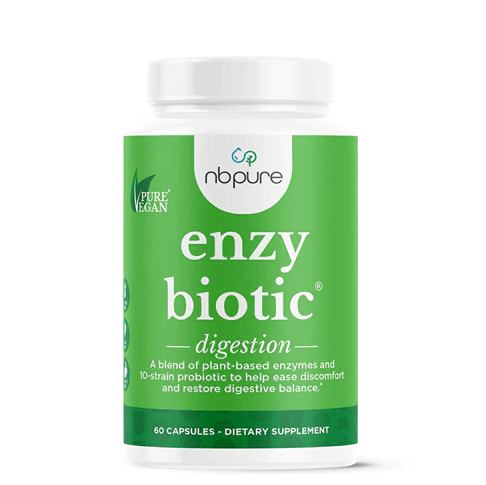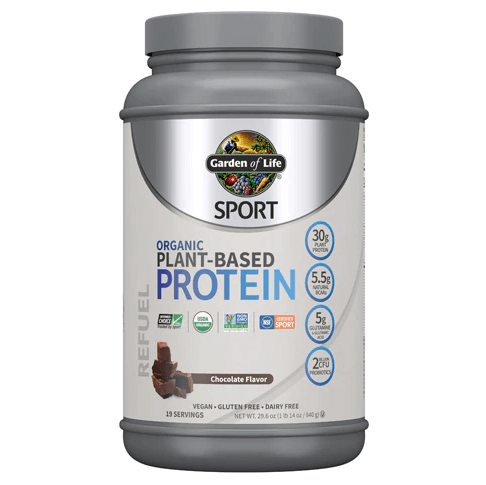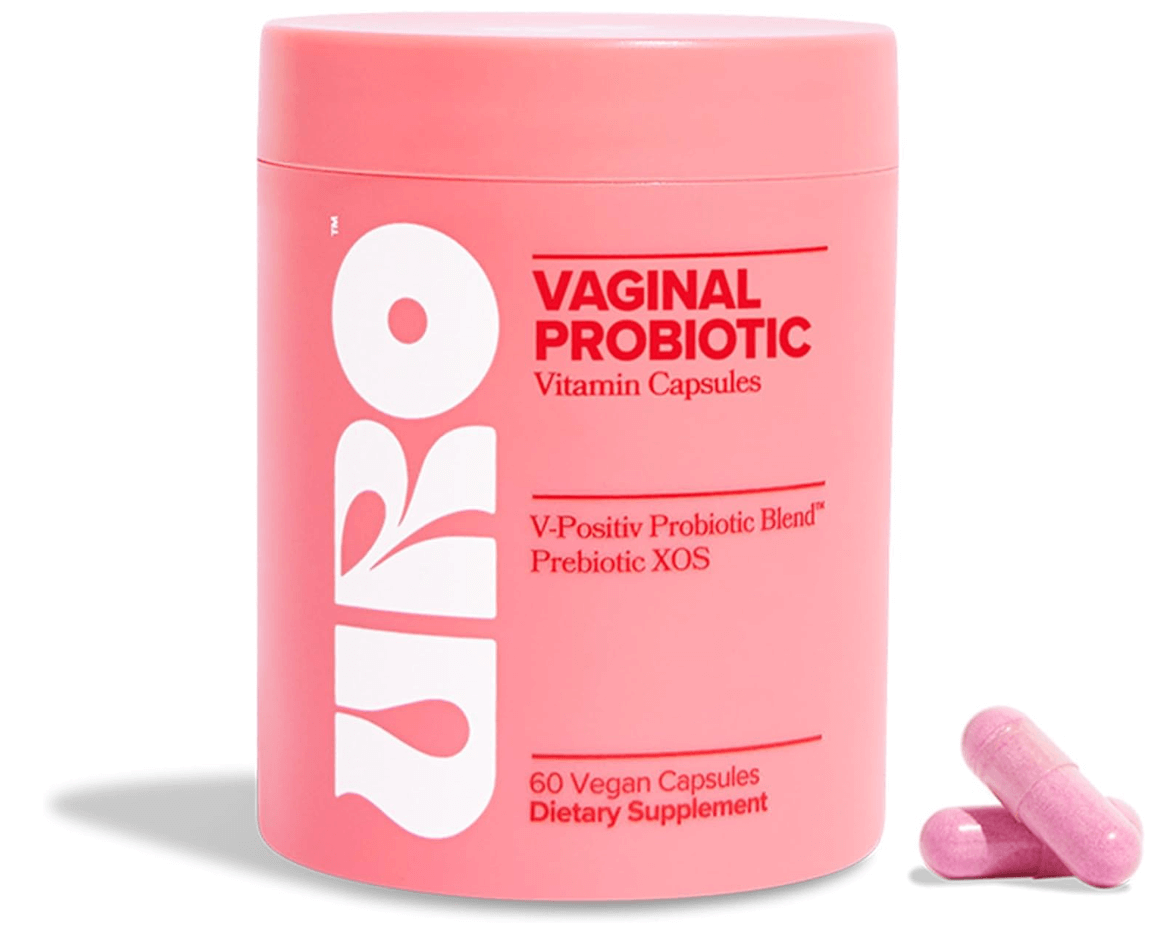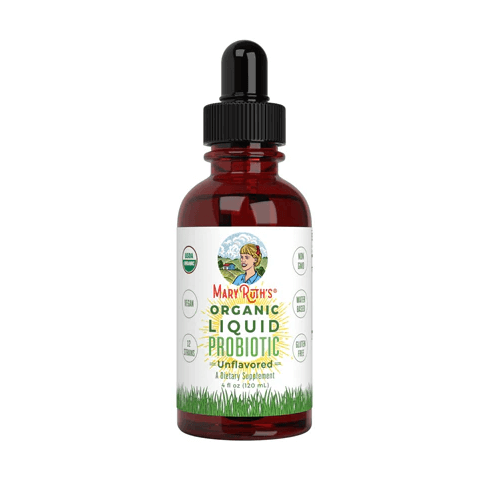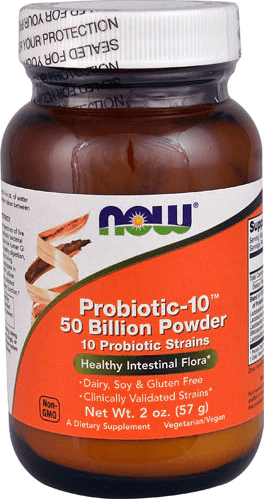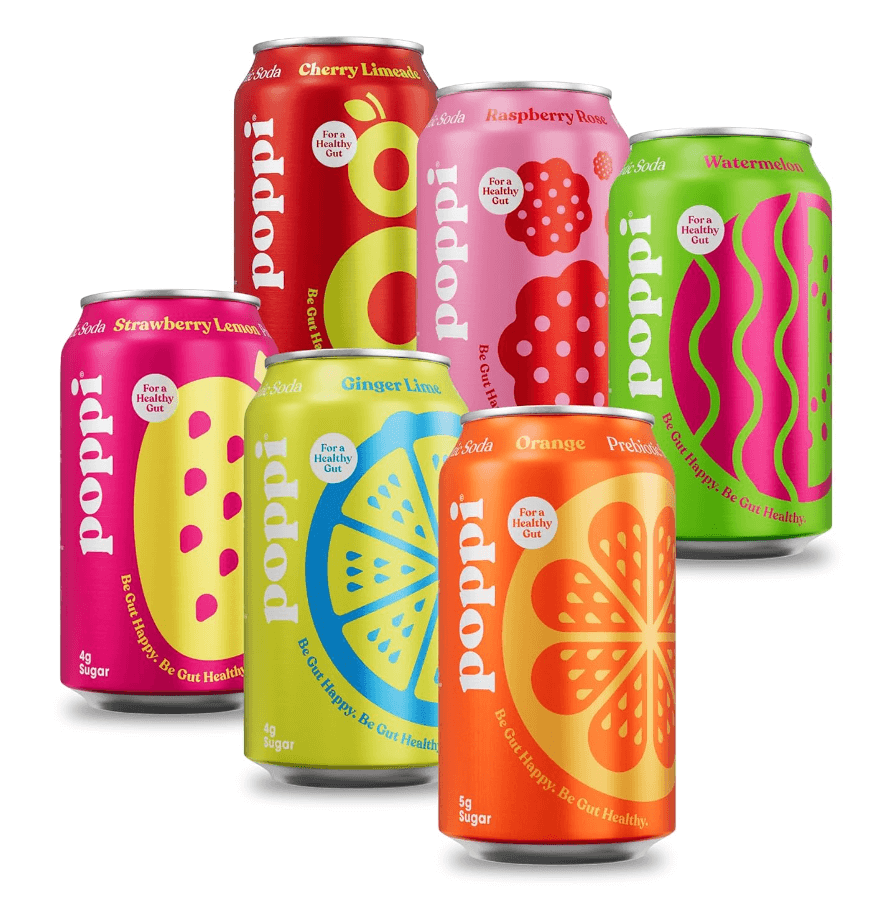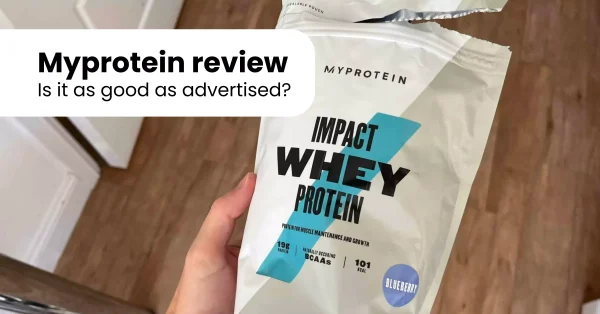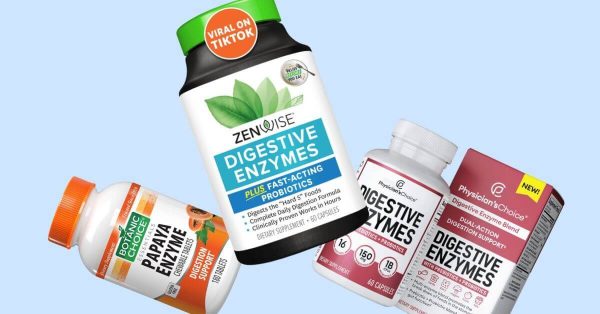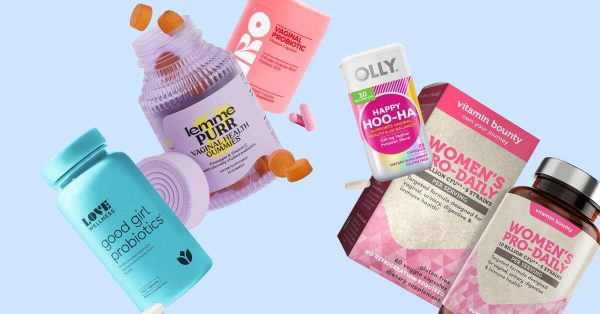Think of your stomach and your gut as a little world inside your body inhabited by live microorganisms, or ‘citizens’ – probiotics. These microorganisms are often called ‘friendly’ or ‘good’ bacteria, whose job it is to keep your health system balanced and in good condition.
Think of it this way. Your gut is like a busy city with so much going on, and probiotics are the friendly citizens who work together keeping everything in harmony. These little ‘citizens’ are living microorganisms, mostly bacteria and yeast, that bring a whole range of benefits to your digestive system and overall health, and who keep the bad stuff in their place.
These helpful microorganisms also play a role in supporting your immune system, like a team of defenders standing guard against nasty invaders.
You can find probiotics in yogurts, kefir, or sauerkraut, or take them as supplements in various fun forms like gummies, chewables, dairy-free options, multi enzymes, or even fizzy probiotic sodas.
So, next time you slurp down a yogurt or munch on a gummy, just think of it as a superhero snack for your hard-working gut citizens.
Plus, probiotics come in various forms to cater to various preferences and dietary needs. Here’s an overview of some different types of probiotic products.
Chewable Probiotics
These are probiotic supplements designed to be chewed rather than swallowed whole, providing a convenient option for those who may have difficulty with traditional capsules or tablets.
Gummies
Probiotic gummies are a popular and palatable way to consume probiotics. They often resemble gummy candies and appeal to those who prefer a tastier alternative to traditional supplement forms.
Multi-Enzyme Probiotics
Some products combine probiotics with digestive enzymes. These multi-enzyme probiotics aim to support both the balance of gut bacteria and the overall digestive process.
Dairy-Free Probiotics
Catering to individuals with lactose intolerance or dairy allergies, dairy-free probiotics exclude milk-based ingredients. They often use alternative bases like plant extracts or other non-dairy sources.
Uro-Vaginal Probiotics
Specifically formulated for women’s health, uro-vaginal probiotics focus on promoting a healthy balance of bacteria in the urogenital tract, potentially preventing or alleviating issues like urinary tract infections and yeast infections.
Liquid Probiotics
Available in liquid form, these probiotics offer an alternative for those who prefer not to swallow pills. They can be added to beverages or consumed directly.
Probiotic Powders
Powders provide a versatile option for incorporating probiotics into various foods and beverages. They can be easily mixed into smoothies, yogurt, or even water.
Probiotic Soda
Some innovative products combine probiotics with carbonated beverages, offering a fizzy and enjoyable way to consume these beneficial microorganisms.

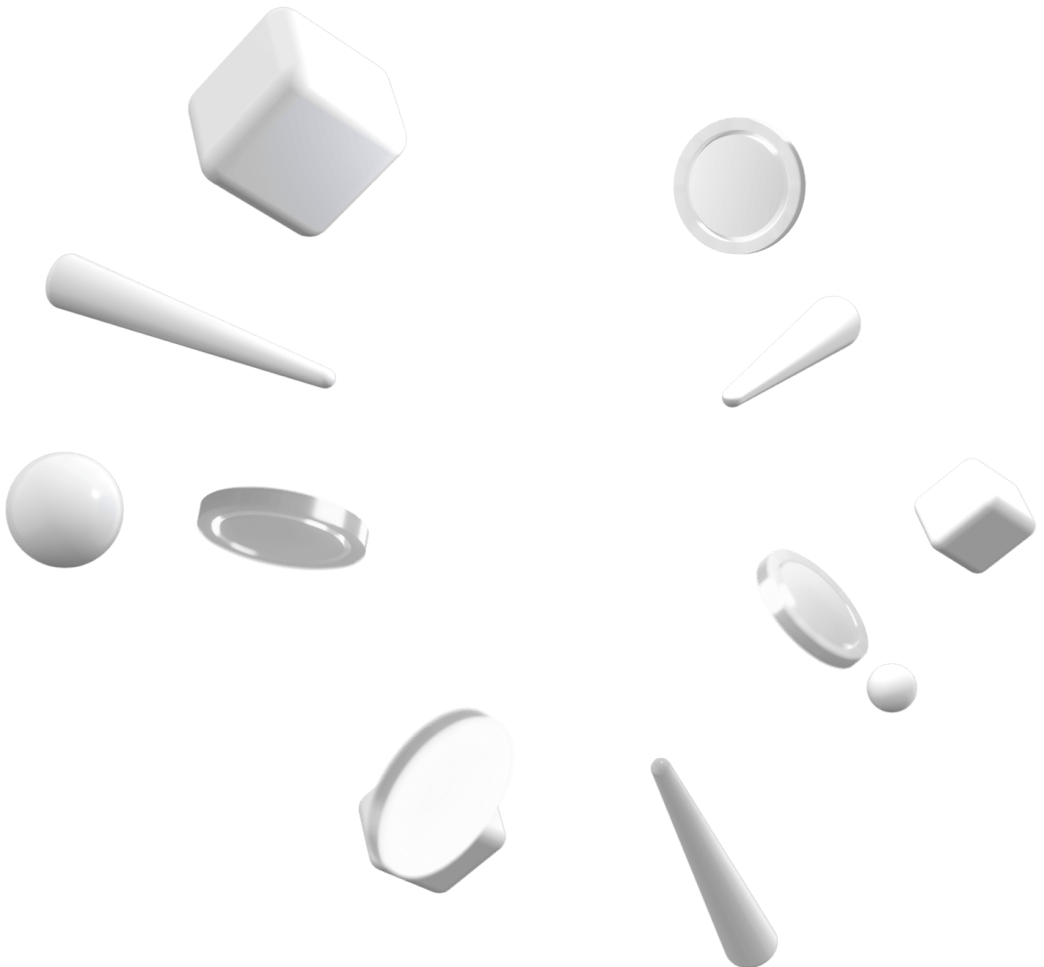
How to heal your gut naturally?
Maintaining a healthy gut naturally involves adopting lifestyle and dietary habits that promote the well-being of your gastrointestinal system. Here are some tips:
Taking care of your gut naturally involves adopting habits that support your gastrointestinal system’s well-being.
Start by eating a diverse and balanced diet, including fruits, vegetables, whole grains, and legumes for essential nutrients. Embrace fermented foods like yogurt and sauerkraut to introduce beneficial probiotics. Ensure you stay hydrated throughout the day, as water supports digestion and nutrient absorption. Manage stress through techniques like meditation and yoga, recognizing its impact on gut health.
Exercise often. Regular exercise contributes to overall well-being, including digestive health, while sufficient and quality sleep helps maintain balanced gut bacteria. Use antibiotics judiciously, finishing the prescribed course to avoid disrupting gut balance. Limit nonsteroidal anti-inflammatory drugs (NSAID) and use and include prebiotic-rich foods like garlic and bananas to nourish beneficial bacteria.
Cut down on processed foods and added sugars, as they may negatively affect the gut microbiota. Thoroughly chew your food to aid digestion, allowing enzymes in saliva to break down food before it reaches the stomach. If needed, consider probiotic supplements, especially after antibiotics or for specific digestive issues.
Finally, and most importantly, before making any lifestyle changes talk to a healthcare professional to get specific advice that fits your personal health needs.
